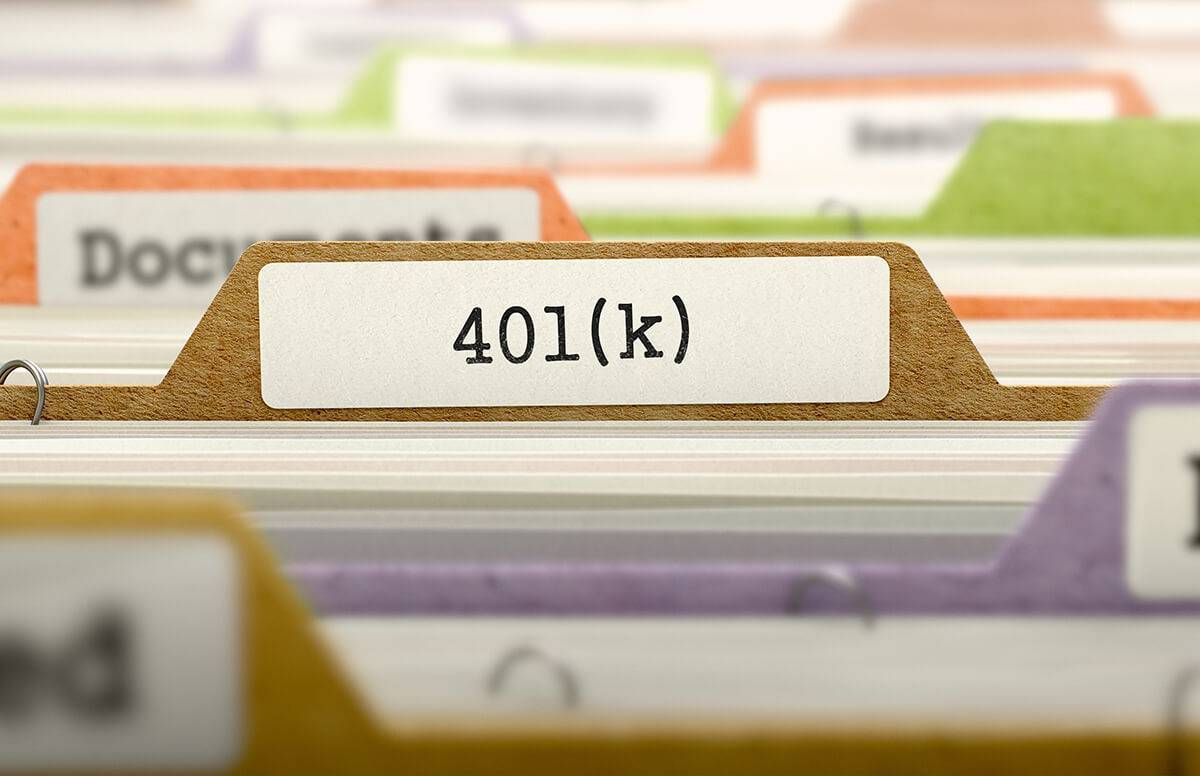How Tax Reform Will Actually Help 401(k) Savers
Here's what's in the under-the-radar proposed tax changes
When the tax reform talks started a few weeks back, there were murmurs that Congress and the Trump administration would sharply reduce how much employees could save for retirement through 401(k) plans. That trial balloon popped, and here’s a surprise: Congress may now actually improve things for 401(k) savers by changing the rules on 401(k) withdrawals and loans.

3 Tax Reform Proposals for 401(k) Withdrawals and Loans
Below is a rundown of the provisions in the tax-reform bill that passed the House last week:
Kinder rules for 401(k) hardship withdrawals There are actually two legislative changes here.
Currently, if you take a hardship withdrawal from your 401(k) — for a hardship withdrawal you must prove “an immediate and heavy financial need” and the amount of the withdrawal must be necessary to satisfy it — you can’t make contributions to the plan for six months after you receive the money. The House bill would let employees with hardship withdrawals continue making contributions to the plan for six months after they get the money, starting after 2017.
The second change would give employers permission for their employees to include 401(k) account earnings and employer contributions when taking hardship withdrawals, also starting after 2017. Currently, you can only withdraw amounts you contributed to your 401(k) yourself.
A kinder 401(k) loan repayment rule Under current law, if you have an outstanding 401(k) loan and lose your job or leave your company for another reason, you’re required to repay the balance of the loan within 60 days. Otherwise, the Internal Revenue Service will consider that money an early withdrawal and assess a 10 percent penalty, forcing you to pay taxes on the distribution.
Many retirement and personal finance pros have considered that rule to be pretty harsh, since if you get laid off, you’d likely have a hard time coming up with cash in a hurry to repay the loan balance.
The House tax reform bill, however, “would extend this from 60 days to the due date for filing your tax return for the taxable year in which the plan offset occurs,” said David Newville, federal policy director at Prosperity Now. That law change would be effective Jan. 1, 2018.
In other words, if this rule took effect and you left your company next year, you’d have until April 15, 2019 to pay back the loan balance, or Oct. 1, 2019 if you file for an extension.
“This is a positive proposal in our opinion,” said Newville.
The 401(k) Catch-Up Contributions Proposal That Died
A Senate tax-reform bill amendment proposed by Sen. Orrin Hatch (R-Utah) but ultimately not included in the legislation would have severely impacted 401(k) catch-up contributions. Under current law, employees 50 and older with access to the plans are allowed to contribute up to $6,000 more than the $18,000 limit for younger workers. Hatch wanted to increase the catch-up limit to $9,000, but restrict this money to after-tax contributions, known as Roth contributions, whose withdrawals would be tax-free.
Changing catch-up contributions from pre-tax to after-tax would have been “catastrophic,” said financial adviser Eric Bailey at Bailey Wealth Advisors in Silver Spring, Md. “Most middle income families don’t have enough put away as it is. If you eliminate this deferment, you will raise that number.”
AARP and the American Retirement Association opposed the Rothification of catch-up contributions. Said Cristina Martin Firvida, AARP director of financial security: “For someone in position to make the catch-up because of their age, it means they have a choice. We want to preserve that choice. We think (the change) is inappropriate, especially since at that age you are much closer to retirement.”
Fears About a Fast Track and the Deficit
There’s no guarantee any or all of these provisions will be in the Senate’s final bill, let alone whether tax reform will make it through Congress and get signed by President Trump. But the legislation is on a fast track.
Newville is concerned about that speed. “It is dangerous to push things like this so quickly without a better understanding of how they may impact retirement,” he said.
He also thinks the large hole that tax reform would put in the federal deficit could have serious negative implications for older Americans.
“For retirees, the bigger threat is that if the bill passes, it will add an enormous amount to an already large deficit,” Newville said. “Congress will have to find ways within government spending to address that and lower the deficit. They are already talking about increasing defense spending, so that won’t be cut. So cuts will have to be made to Medicare and Medicaid.”


